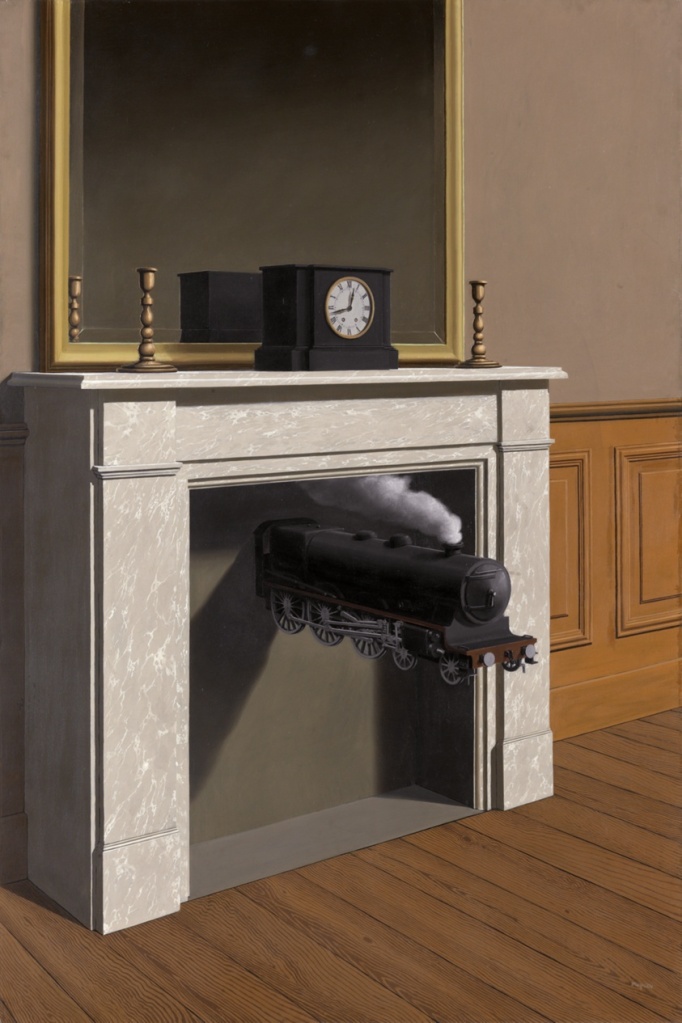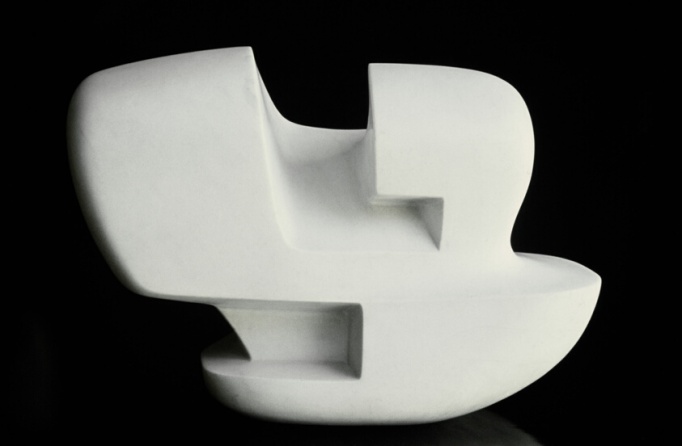
Conventional wisdom tells us to step forward, assert ourselves, and take decisive action. Not so fast. Sometimes, stretching time, holding the moment in place, and waiting is best.
I learned this lesson from a bunch of inner-city kids as their 20-year-old summer camp counselor: when to react and when to do nothing.
Like lots of things in life, the instruction came by accident.
My unintentional tutors were males coming into their teens. All lived in Cambridge, Massachusetts, and enrolled in the M.I.T. Science Camp during the summer of 1967.
Despite the name, academics had no part in the daily doings. The fledgling young men came from troubled homes and dangerous neighborhoods. Most of them were aged 12 to 15 years, black and white.
Names like Paul and Tom and Eddie and Biff. The last of these was already chain-smoking before he reached 13.
Some were shy; a few were petty criminals, and one or two were learning disabled. We had an angry handful and several who were dazed by the demands of living. Still, the adults hoped the youngsters might benefit from the experience.
Each counselor, all college students, had charge of a handful of the boys. My group of six joined a similar bunch led by another counselor, Geoff Smith. Geoff, a swell fellow, was bright and easy to work with.

Geoff and I took our charges on day trips to Martha’s Vineyard and New York City. We played some baseball and put on a play under the direction of a Boston College undergraduate theater major, Betty Rose. We had just enough bodies to recreate “Twelve Angry Men.” The several weeks made for an enjoyable and productive summer.
One day, Geoff had a dentist appointment, so I led both of our groups: perhaps a total of 10 kids on the morning he was away.
We walked through M.I.T.’s Building Seven when one of the older boys signaled his buddies to run in different directions. The group had come to a four-way intersection, offering multiple flight paths for escape. In a flash, they disappeared. I stood at the crossroads and peered down each hallway.
Nothing.
Not one could be seen.
The boys’ safety was on my mind, but retrieving them all seemed impossible. I didn’t move. At best, any direction might have led to only a few. I did nothing, not because I was brilliant or possessed patience, but because I couldn’t think of a solution.

Perhaps you’ve guessed that I stumbled upon the right course: waiting. Had I started down any of the corridors, I’d probably still be running after them. Since I didn’t take the bait, no “chase” materialized. They got bored.
Within 10 minutes, all returned to the spot where I still stood like a statue, fixed in position since the moment the kids sped away. We proceeded to our appointed destination without comment.
—–
Over 17 years later, my wife and I hoped to purchase a new home. The owner didn’t use a real estate agent, so we drove to his residence to settle on a price. I sat at his kitchen table, and he reminded me of the amount he’d listed in his ad.
I was silent and expressionless.
I said nothing for several seconds, just looking at him. He spoke again and named a lower price.
I was silent.
More time passed.
He lowered the dollar value once more.
By now, he was offering the house for a number beneath what my wife and I agreed was acceptable before we met with him.
I waited until he stopped undercutting himself and agreed to his diminished offer. We still live in the home we purchased that day.
Sometimes, problems work themselves out if you don’t interfere. When quiet is uncomfortable for someone, he may take action to reduce his discomfort, as did the former owner of my home.
As best I can understand what happened, this fellow believed my lack of response indicated I was unhappy with the price he stated. He assumed my failure to speak demonstrated dissatisfaction with each new proposal. If he had simply stopped reducing the offer, we would have paid more than we did. I was comfortable with waiting; he was not.
—–
Athletes say “slowing the game down” in pressured moments prevents anxiety and adrenalin from taking them over. Otherwise, they lose control and deliver a poor performance out of desperation. One way to reduce the jitters is to take one or two deep breaths, having practiced these earlier in training to combat nervousness.
Public speaking is another common tension-filled situation. Upon reaching the podium, accomplished orators hesitate, typically letting the applause finish and any conversation in the audience end. Among those seated, the most interested in what is to come often shush the talkers, thus creating the atmosphere and expectation the speaker wants. By doing nothing but standing there, he has taken charge.

A symphony conductor does much the same thing. When he turns to face the orchestra, he scans the 100 players, waiting for their eyes to meet his. Not until he achieves their focus will he raise his baton.
If the crowd doesn’t silence itself, he may turn to face them again. The preparation to make everything ready for the first note happens without words. Since the attendees purchased tickets for the performance, the pressure on them grows to permit the concert to start.
Silence, inaction, and eye contact have the power to control. These characteristics suggest the stationary figure is confident in holding his ground. Even in my stint as an uncertain summer camp counselor, every boy deferred to the necessity of returning to the group.
Slow down. Be patient. Try to live with uncertainty. Don’t act impulsively. Master temper and anxiety. Wait, wait, and take a breath. Avoid action for its own sake.
Haste may worsen an already bad situation. Assertiveness is not always the answer. Patience might be better — much better — than misguided energy.
People can be similar to boomerangs. Like the kids I mentioned, with enough time and a bit of luck, they return.
=========
The top painting is Time Transfixed by Rene Magritte, 1938. Next comes Henry Moore’s Sculpture from 1935. Both are from the Art Institute of Chicago. They are followed by Laura Hedien’s recent photograph of the Milky Way in Arizona with her permission: Laura Hedien Official Website. Finally, Mark Rothko’s Orange and Tan of 1954.

I love the story of your camp counselor experience and all the other great examples you’ve added to prove extend the note. This sentence really rang true to me, “Patience might be better — much better — than misguided energy.”
I often find that when I pause I find a truer voice than what I would have said right away. My first response is often just a reply to what I believe has been said, and if I wait, I find a richer response that goes deeper.
Beautiful essay, Dr. Stein. Thank you!
LikeLiked by 1 person
Thanks, Wynne. In a world of loudness and overtalking, quiet and patience take on a more powerful role than ever — reacting only after time has passed. I’m not surprised to hear how you approach the challenge of getting your voice heard.
LikeLiked by 2 people
This is a keeper, keeper, keeper. I love your Saturday evening posts (hmm…making me think of another “Saturday Evening Post”) because I get to read and enjoy when you publish…re-read later that evening and again the next morning. It’s like marinating your wisdom! And this piece? Oh my. I’m so happy for you about the outcome of your real estate negotiation…what a perfect example of the power of quiet. And this: “Silence, inaction, and eye contact have the power to control.” Yes, yes. I learned that the hard way in so many roles in my life. I love how you melded interpersonal relationships, workplace, professional sports and music into the mix. So good! Can you re-run this one from time to time? 😊
LikeLiked by 2 people
Anything for you. Thank you, Vicki. Living in a world of action, urgency, and impatience enlarges the role of silence, calm, patience, and focus — the last of these, both literally and figuratively. The real estate example was unplanned since the seller took my slow and thoughtful moment as a signal that he could lose the sale! I was able to realize what was happening immediately and, at that point, employed it as a strategy while the negotiation continued. He was as inadvertent a teacher as the kids at the summer camp.
LikeLiked by 3 people
Such a wonderful example. Thank you again! 🥰
LikeLiked by 1 person
Perhaps we call this carefully planned hesitation, or in the case of silence, which is my nemesis, how about just acknowledging the wisdom to keep ones lips clenched together! Rushing in had been my forte’ for a long time until I finally was willing to accept that tiny voice in my head urging me to stay silent and just listen. Your examples are perfect Dr. Stein 🙂
LikeLiked by 2 people
Thanks, Deb. Sounds like you’ve made progress. Every step counts!
LikeLiked by 1 person
Enjoyed reading your stories as a 20-year-old summer camp counselor and purchasing your new home 🙂 In both cases, inaction served you well. The skill is in knowing when a situation calls for patience to achieve a more favorable outcome. Right now, I have such an opportunity. I’ll wait and see how the deal unfolds.
LikeLiked by 1 person
For me, the situations weren’t difficult to read. The kids left me no choice and the home owner was going fast enough for me to recognize I needed to keep quiet. Good luck with your current situation!
LikeLiked by 2 people
Wishing you all the best Rosaleine! You have learned so much, and I pray you will have the success you wish for!
LikeLiked by 1 person
Dr. Stein, this post is rich in wisdom and wonderful examples! You are right, sometimes doing nothing is the best thing, and certainly can work out for the best. We rush to produce, we rush to complete and we rush to answer to look smart. Sometimes slowing down and doing less works out better, and is certainly a lesson for the times we live in. I echo the request to republish this post at a later time, for it is something we can all use!
LikeLike
Thank you, Tamara. As you say, the societal messages often tell us what direction to go in. Sometimes they fit, sometimes not. Whether the road fits the human condition is another story. Be well, Tamara.
LikeLiked by 1 person
Thank you Dr. Stein, you too! Hope your week is wonderful!
LikeLike
[…] you read Dr. Stein’s recent post about the power of inaction or listened to Wynne’s podcast with her meditation teacher Deirdre […]
LikeLike
[…] Dr. Stein’s post: When the Best Action is Inaction […]
LikeLike